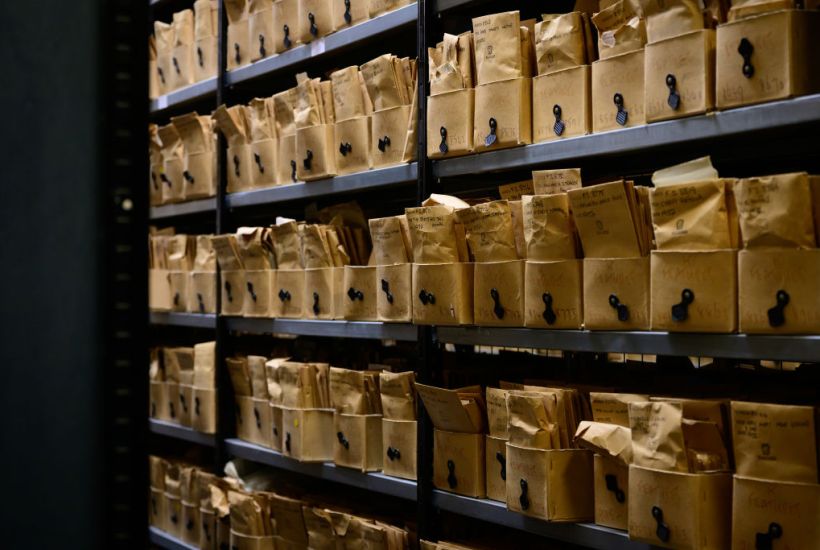This week, the Ministry of Justice launched a consultation on its plan to digitise its vast archive of wills. The only problem is that it also wants to destroy its original paper copies – which date from 1858.
This destruction is supposed to save the taxpayer £4.5 million per year, although wills that ‘belong to notable individuals or have significant historical interest’ will be retained.
Already a subscriber? Log in
Subscribe for just $2 a week
Try a month of The Spectator Australia absolutely free and without commitment. Not only that but – if you choose to continue – you’ll pay just $2 a week for your first year.
- Unlimited access to spectator.com.au and app
- The weekly edition on the Spectator Australia app
- Spectator podcasts and newsletters
- Full access to spectator.co.uk
Or




















Comments
Don't miss out
Join the conversation with other Spectator Australia readers. Subscribe to leave a comment.
SUBSCRIBEAlready a subscriber? Log in